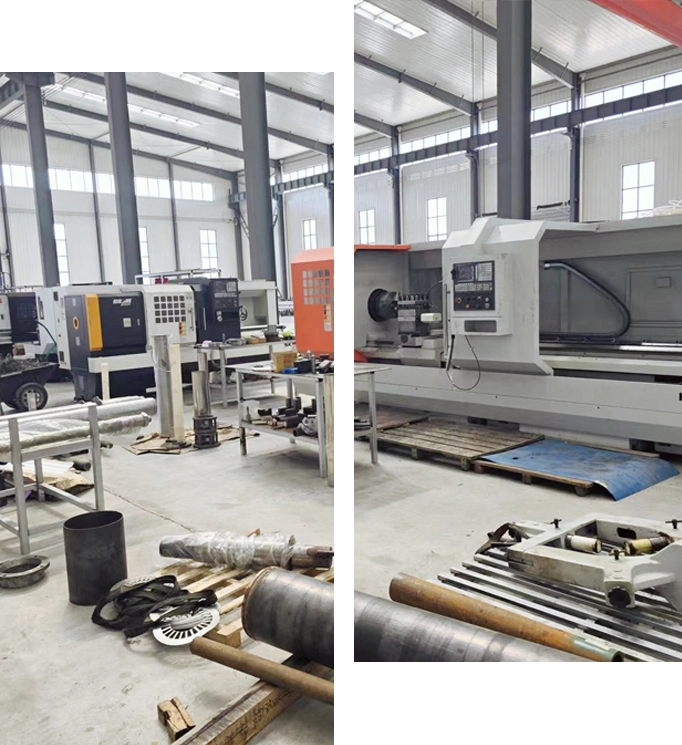Nov . 19, 2024 03:35 Back to list
Submersible Water Pump for Underground Wells Efficient Water Extraction Solutions
Understanding Underground Well Pumps
Underground well pumps are essential devices widely used for extracting groundwater from deep below the earth's surface. These pumps play a crucial role in various applications, including agricultural irrigation, domestic water supply, and even industrial processes. Understanding how these pumps work and their benefits can significantly improve water management strategies.
How Underground Well Pumps Work
Underground well pumps are typically submersible or jet pumps. Submersible pumps are submerged in the well water and designed to push water to the surface, whereas jet pumps are located above ground and use suction to draw water up from the well.
Submersible pumps consist of a motor and a pump body. The motor drives an impeller that creates pressure, enabling water to flow through pipes to the desired location. One of the significant advantages of submersible pumps is that they prevent issues related to cavitation, which can arise when the pump cannot draw water effectively due to insufficient pressure.
Jet pumps, on the other hand, use a different mechanism. They rely on atmospheric pressure and a jet of water to lift water from the well. Although typically less efficient than submersible pumps in deeper wells, jet pumps are easier to install and maintain.
Benefits of Using Underground Well Pumps
1. Access to Clean Water Well pumps provide a reliable source of clean, fresh water, especially in rural areas with limited access to municipal water systems. This is particularly vital for agricultural practices and sustaining livestock.
2. Cost-Effective While the initial investment in digging a well and installing a pump may be significant, the long-term savings in water bills can be substantial. Homeowners and farmers can benefit financially by relying on their own water sources rather than paying for municipal supply.
3. Sustainability Extracting groundwater can be more sustainable than using surface water, especially in regions prone to drought. Properly managed well systems can ensure a consistent water supply without depleting natural resources.
underground well pump

4. Versatility Underground well pumps are suitable for various applications. They can be used in residential, agricultural, and commercial settings, making them versatile tools for meeting diverse water needs.
Considerations for Choosing a Pump
When selecting an underground well pump, several factors should be taken into account
- Well Depth and Diameter The specific dimensions of the well determine the type of pump required. Submersible pumps are typically recommended for deeper wells, while jet pumps may suffice for shallower ones.
- Flow Rate Requirements Understanding your water needs—how much water you need and at what rate—is critical. This helps to determine the pump size and capacity required for efficient operation.
- Energy Source Consideration of the energy source for the pump is crucial. Electric pumps are common, but solar-powered options are becoming increasingly popular, especially in remote areas.
Maintenance Tips
To ensure longevity and efficiency, regular maintenance of well pumps is essential. This includes periodic inspections, checking for leaks, and monitoring water quality to prevent contamination. Professional servicing can help resolve issues and extend the pump's lifespan.
In conclusion, underground well pumps are invaluable for accessing groundwater. Their efficiency, cost-effectiveness, and versatility make them an excellent choice for various applications. With proper selection and maintenance, they can provide a reliable water source for years to come, supporting both daily living and agricultural activities in a sustainable manner.
-
Submersible Water Pump: The Efficient 'Power Pioneer' of the Underwater World
NewsJul.01,2025
-
Submersible Pond Pump: The Hidden Guardian of Water Landscape Ecology
NewsJul.01,2025
-
Stainless Well Pump: A Reliable and Durable Pumping Main Force
NewsJul.01,2025
-
Stainless Steel Submersible Pump: An Efficient and Versatile Tool for Underwater Operations
NewsJul.01,2025
-
Deep Well Submersible Pump: An Efficient 'Sucker' of Groundwater Sources
NewsJul.01,2025
-
Deep Water Well Pump: An Efficient 'Sucker' of Groundwater Sources
NewsJul.01,2025
-
 Submersible Water Pump: The Efficient 'Power Pioneer' of the Underwater WorldIn the field of hydraulic equipment, the Submersible Water Pump has become the core equipment for underwater operations and water resource transportation due to its unique design and excellent performance.Detail
Submersible Water Pump: The Efficient 'Power Pioneer' of the Underwater WorldIn the field of hydraulic equipment, the Submersible Water Pump has become the core equipment for underwater operations and water resource transportation due to its unique design and excellent performance.Detail -
 Submersible Pond Pump: The Hidden Guardian of Water Landscape EcologyIn courtyard landscapes, ecological ponds, and even small-scale water conservancy projects, there is a silent yet indispensable equipment - the Submersible Pond Pump.Detail
Submersible Pond Pump: The Hidden Guardian of Water Landscape EcologyIn courtyard landscapes, ecological ponds, and even small-scale water conservancy projects, there is a silent yet indispensable equipment - the Submersible Pond Pump.Detail -
 Stainless Well Pump: A Reliable and Durable Pumping Main ForceIn the field of water resource transportation, Stainless Well Pump has become the core equipment for various pumping scenarios with its excellent performance and reliable quality.Detail
Stainless Well Pump: A Reliable and Durable Pumping Main ForceIn the field of water resource transportation, Stainless Well Pump has become the core equipment for various pumping scenarios with its excellent performance and reliable quality.Detail
